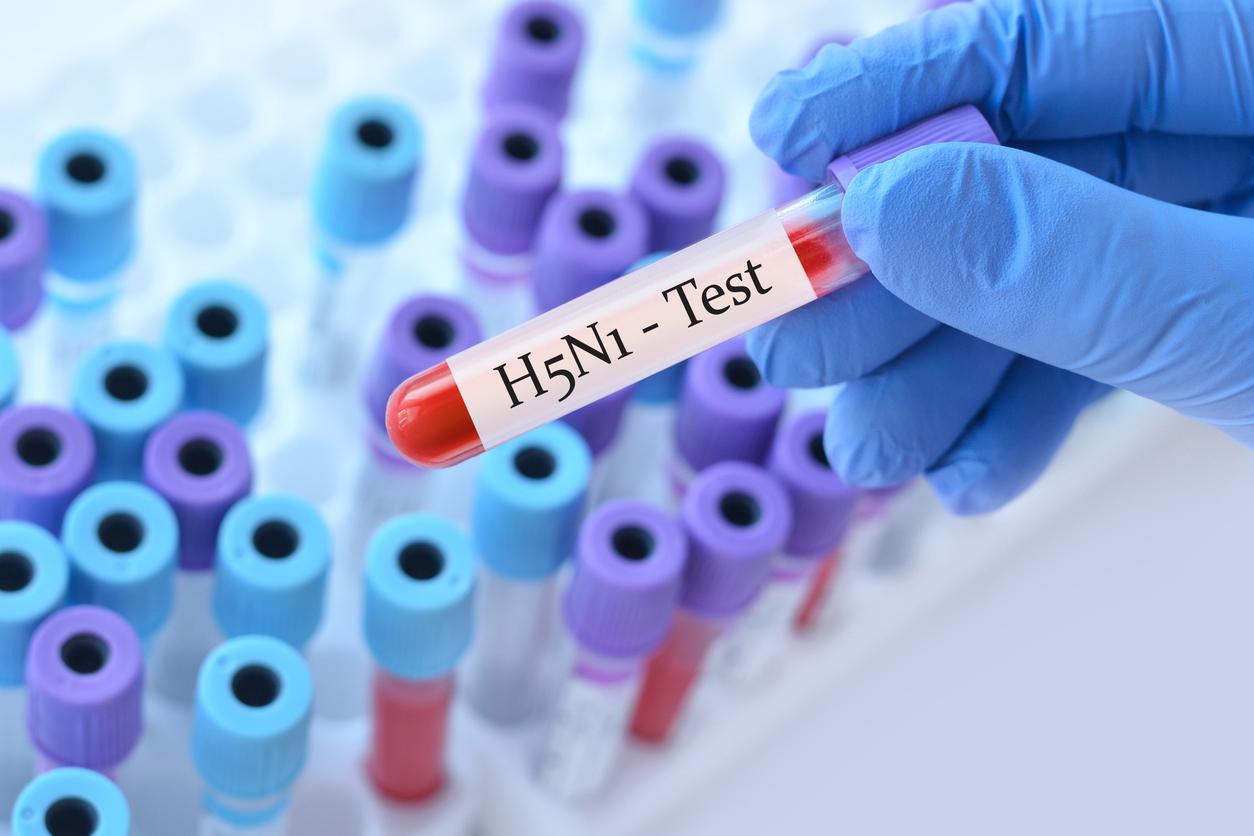
After the variant of the coronavirus named VOC 202012/01, discovered in December in the United Kingdom and that of South Africa, renamed 501.V2, a new variant has been detected in Japan.
Four people tested positive
The Sars-Cov-2 virus has not finished talking about it. It has mutations, the last of which was identified on Japanese soil. Specifically, four people including two young people tested positive for a new strain of the coronavirus at Haneda Airport in Tokyo on January 2. They were returning from a trip to Brazil. According to the Ministry of Health, a man aged around 40 had to be hospitalized in Japan because he had difficulty breathing. A woman in her thirties suffered from headaches (headaches) and pain in the throat. As for the younger ones, one of them had a fever while the other had no symptoms. At the moment, the Japanese infectious disease research institute does not have enough data on this new version. Scientists do not know if it is more contagious or dangerous or if it can affect the effectiveness of anti-Covid vaccines. However, the Japanese authorities were keen to transmit this information, in particular to Brazil.
A constantly changing virus
The new Japanese variant would present 12 mutations, one of which would be common to the two other variants found in the United Kingdom and South Africa. These mutations were recently discovered and professionals in the learned world are conducting research to better understand the genetic sequence of the new strain. Regarding the last variant detected, Takaji Wakita, the director of the National Institute of Infectious Diseases in Japan affirms that “ At this time, there is no evidence that the new variant detected is highly infectious. “. However, since the arrival of these new variants, countries have experienced an outbreak of the epidemic, which can be cause for concern. Indeed, Brazil is experiencing a second wave of coronavirus infections, whose mutant strains of the British and South African types have been confirmed. As for Japan, a sharp increase in coronavirus cases was observed last week.

















